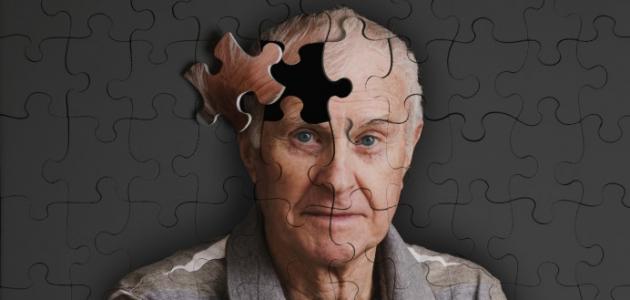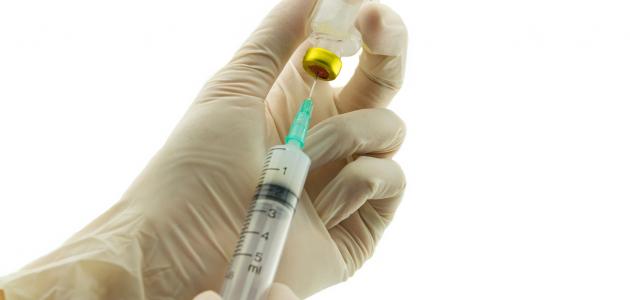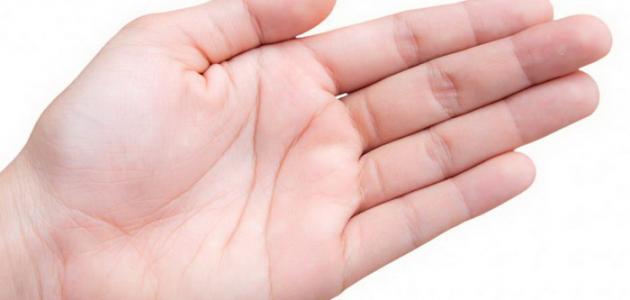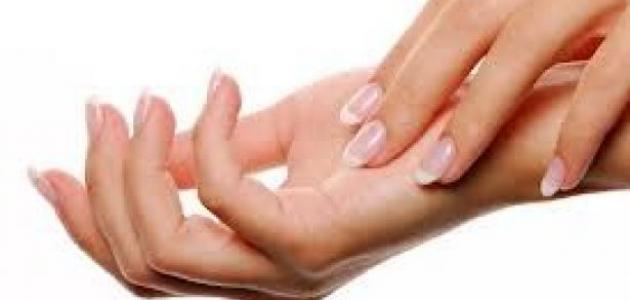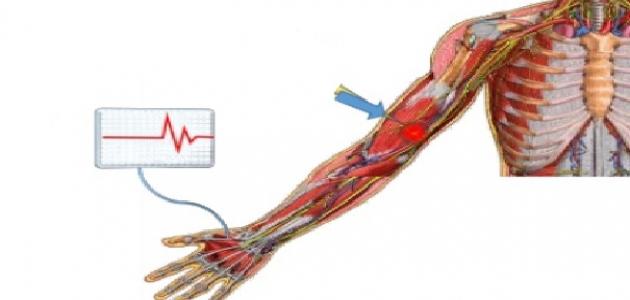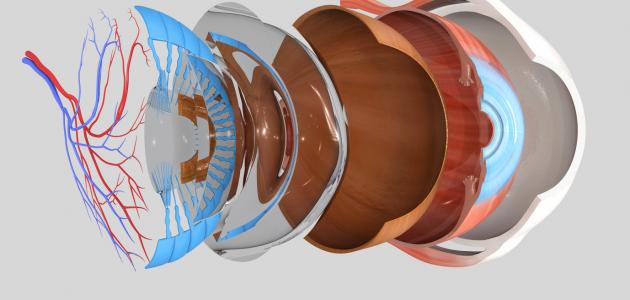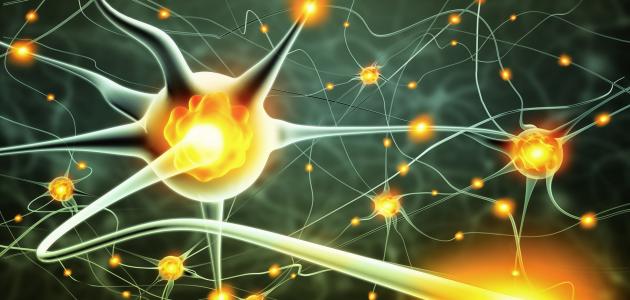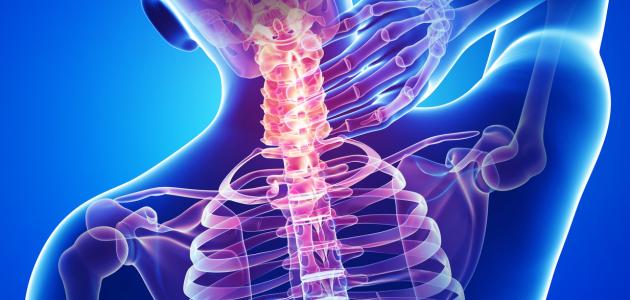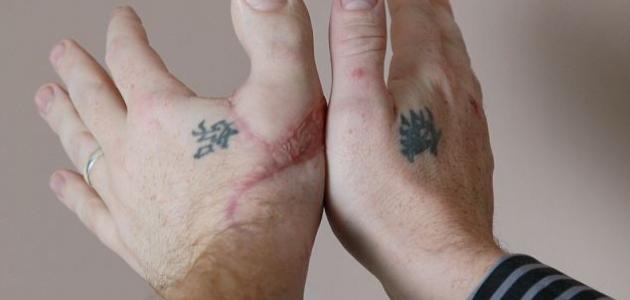Contents
Nervous disease
Neurological disease, which means the presence of a disorder or a disease in one part of the nervous system, which leads the person to his inability to perform some of the functions required of him normally, and the injury of part of the nervous system may be directly, which increases the severity of the nervous disease, and it is possible that some nerves Due to the infection of another system with a disease in the person's body, the capacity of the affected nervous system is clearly reduced, and one of the most important diseases affecting the nervous system, diabetes, if this disease is chronic, it may affect some surrounding nerves.
Nervous system diseases
Inflammatory diseases
Such as meningitis, or encephalitis, inflammation of the nerves of the body or some of them, and the cause of these diseases is germs or viruses transmitted to people, and these diseases can be completely treated and eliminated, if they are diagnosed, and appropriate treatment is prescribed for them, but it may One of these diseases leads to the death of the person with it, if detection and treatment are delayed.
Traumatic diseases
These diseases result from the person being affected by an event or injury, such as exposure to an injury resulting from a sports movement, the head, the spine, or any surrounding nerve that received a direct blow may be affected, and the patient's recovery or fate depends on the extent of the injury or damage to the nerve. A strong blow that damages and disrupts nerves, such as the brain or spinal cord.
It is not possible at the present time for these nerves to return to what they were, but the injury to the side of the dead nerve may be moderate and treatable, and here it must be treated immediately, and if the nerve injury is left for a long time it may be damaged and subject to death, and the role of neurotherapy In this case, provide the normal, normal position for these injured nerves, in order to help them recover and quickly return to their normal functions, and if there is a bone mass or bleeding that may clot or there is pressure on the brain or marrow, or on any nerve cells, then it is necessary. to get rid of it; In order to provide the nerves with easy access to oxygenated blood, as well as nutrients and drugs.
Neurological aging diseases
Many elderly people experience wear and tear of nerve tissues, and their ability to do their work to the fullest diminishes, and these diseases are not severe, but they worsen and develop over time, and affect the nervous system significantly, and the role of treatment here is to reduce their severity, not get rid of them. And, medical treatment can preserve the nerve parts that have not been injured, stimulate them and prevent them from falling for as long as possible, so the patient must adhere to the medical treatment prescribed by his private doctor.
Neuromuscular development diseases
It is malignant cancer and also includes benign cancer. These malignant tumors have several causes, but some of them may not have an apparent cause, and here it is necessary to point out the importance of rapid medical examination of these malignant tumors, until they are treated, and disposed of through surgical operations (excision), and it is possible to cure these tumors, According to its different degrees, where moderate cases can be cured, but there are some severe acute conditions that kill the patient, and there are people with lighter swelling, which can be treated by surgical, drug and radiological treatment, and for benign tumors, if they are located in places that are not dangerous, as well as The case was moderate, the condition was completely treated, without the patient suffering from serious side effects.
Neurogenic diseases
They are diseases that are inherited from parents to children, and medical treatment can mitigate the effects of this inherited disease, and there are medical programs that make a person with these diseases adapt and coexist with them, and overcome his infection, using the necessary capabilities that help him to do so.
Symptoms of neurological diseases
Neurological diseases are divided according to their location into:
- Symptoms of brain injury.
- Symptoms indicative of spinal cord injury.
- Symptoms that indicate a defect in a nerve or a group of nerves.
Symptoms in general, such as: non-specific symptoms, such as headache, feeling dizzy, vomiting, a feeling of heaviness in the head, blurry vision, and impaired hearing, so when mental and upper psychological symptoms appear, this indicates a brain injury: such as mental disorder, delirium, and emotional and psychological irritation And locomotion, and the person’s inability to deal with others, and there are also imbalances in consciousness: such as a person’s feeling sleepy, irritable, and there are cases in which they suffer a complete absence of consciousness and a state of coma. These symptoms are considered dangerous, and they are in urgent need of a specialist.
Sensory disturbances: A person may experience a lack of sensation, and there are those who feel numbness or numbness, and according to the area affected by burning sensation, the exposed nerve cells can be known.
Movement imbalances: such as paralysis, which means lack of movement or lack of a person's ability to move, and there are cases that suffer from paralysis, which means failure or absence of complete movement in a specific part of the muscles of the body.
Treating neurological diseases
Treatment of insufficient blood circulation to the brain
The patient is given therapeutic drugs that prevent thrombosis; This is due to the liquidity of the blood, and there are surgical procedures for vascular angioplasty, to remove the blockage that exists in the artery, and a stent is placed, where the patient finds a marked improvement, after 2-3 months.
Treating autonomic nervous system disease
- This treatment is specifically provided for cases that are amenable and curable, for example when there is neuropathy, central treatments for immunity are taken into consideration, but if diabetes is the underlying cause, the best treatment is to control the blood sugar level, in order to prevent the disease from getting worse.
- Some patients cannot stand standing, and here the patient is given adequate amounts of fluids and salt.
- The patient must stay away from alcoholic beverages, and also pay attention to his movement, be careful, and the patient must be encouraged to sit or lie down when preventive blood pressure is disturbed, as the patient is given beta-blockers, as well as Medodrine preparations are given in acute injuries.
- Diet for people with disease: People who are sick need a lot of fluids, and also an adequate salt intake.
- protection:
- Patients with standing hypotension causing a nerve disorder should avoid postural hypotension, especially the elderly.
- Avoid hot weather, so that the patient does not suffer heat stroke, which may affect his condition worse.
Inflammation of the brain and spinal cord
It treats people with infections in the spinal cord and brain, by taking high doses of corticosteroids, which are injected intravenously, and improvement may appear within hours, but it usually takes several days, and there are some cases that require additional doses of corticosteroids by mouth, for a period of three weeks , And there are cases that need treatment with immunoglobulins, which are given intravenously for a period of not less than two to three days, and this treatment is an alternative to the previous treatment.
The doctor may perform some surgeries for a patient with severe infections in the spinal cord and brain, which severely affects the skull and causes pressure.
